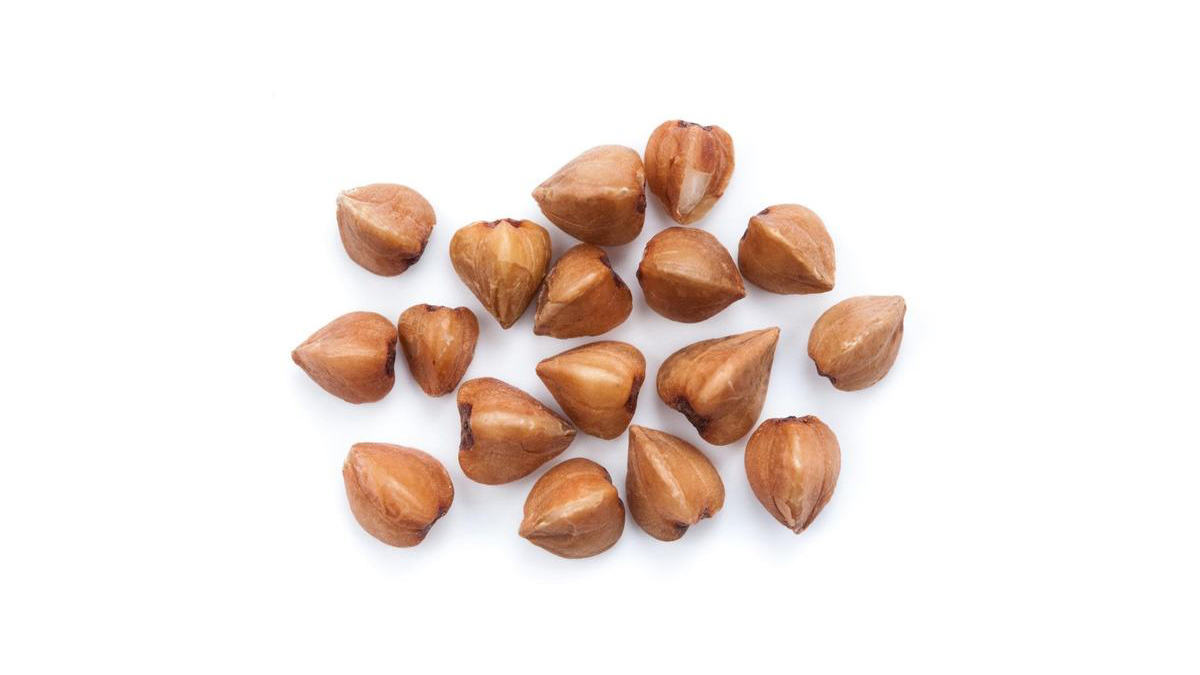№ 6 Grains
GRAINS

Remix
Ranking
#6
Essential Amino Acids
(EAAs)
9/9
Ratio of
Omega-6:Omega-3
See below
Grains are a good source of nutrients, including fiber, B vitamins, and minerals. Grains can also be a source of energy and can help to fill you up and keep you feeling full. It is important to choose whole grains, rather than refined grains, as they are more nutritious and provide more health benefits.
Here are some examples of whole grains that are particularly nutritious:
Buckwheat
Unlike its name suggests, buckwheat is unrelated to wheat—it’s a pseudocereal. Buckwheat is naturally gluten-free, which makes it a suitable choice for those with gluten sensitivities or celiac disease. Loaded with complex carbs and fiber, it provides sustained energy and aids digestion. Buckwheat is a high-quality complete protein, encompassing all essential amino acids. It’s rich in vitamins and minerals, notably B vitamins (B6 and niacin), magnesium, and manganese. It boasts antioxidants like rutin, which can enhance heart health and lower the risk of chronic illnesses. Versatile in use, from pancakes to creamy porridge, buckwheat is a nutritious addition to your diet.
Quinoa
Quinoa, often hailed as a “superfood,” is a gluten-free grain packed with nutrition. It’s an exceptional source of complete protein, vital for muscle repair and immune health. Abundant in soluble fiber, it aids digestion, blood sugar control, and satiety. Quinoa also provides healthy fats like monounsaturated fats and omega-3s. Its wealth of vitamins and minerals, including folate, magnesium, phosphorus, and iron, supports overall well-being. Furthermore, quinoa boasts antioxidants like quercetin and kaempferol, combating oxidative stress and inflammation. This versatile grain elevates various dishes, from salads to stir-fries, making it a nutritious and satisfying addition to your meals.
Oats
Oats are really good for you. They have soluble fiber called beta-glucans that help your heart by lowering bad cholesterol. Oats give you energy that lasts a long time and make you feel less hungry. They have important vitamins and minerals like vitamin B1, magnesium, phosphorus, and manganese. Oats also have more protein than most grains, which is good for your body. Plus, they have antioxidants called avenanthramides that fight inflammation and make you healthier. You can eat oats in many ways like oatmeal, granola, or in baked goods, and they’re a healthy part of your daily meals.
Grains should be consumed in appropriate amounts as part of a balanced diet, along with a variety of other foods, including vegetables, fruits, proteins, and healthy fats.
Whole grains retain the bran and germ, offering more fiber and nutrients, while refined grains remove these parts, resulting in a less nutritious product.